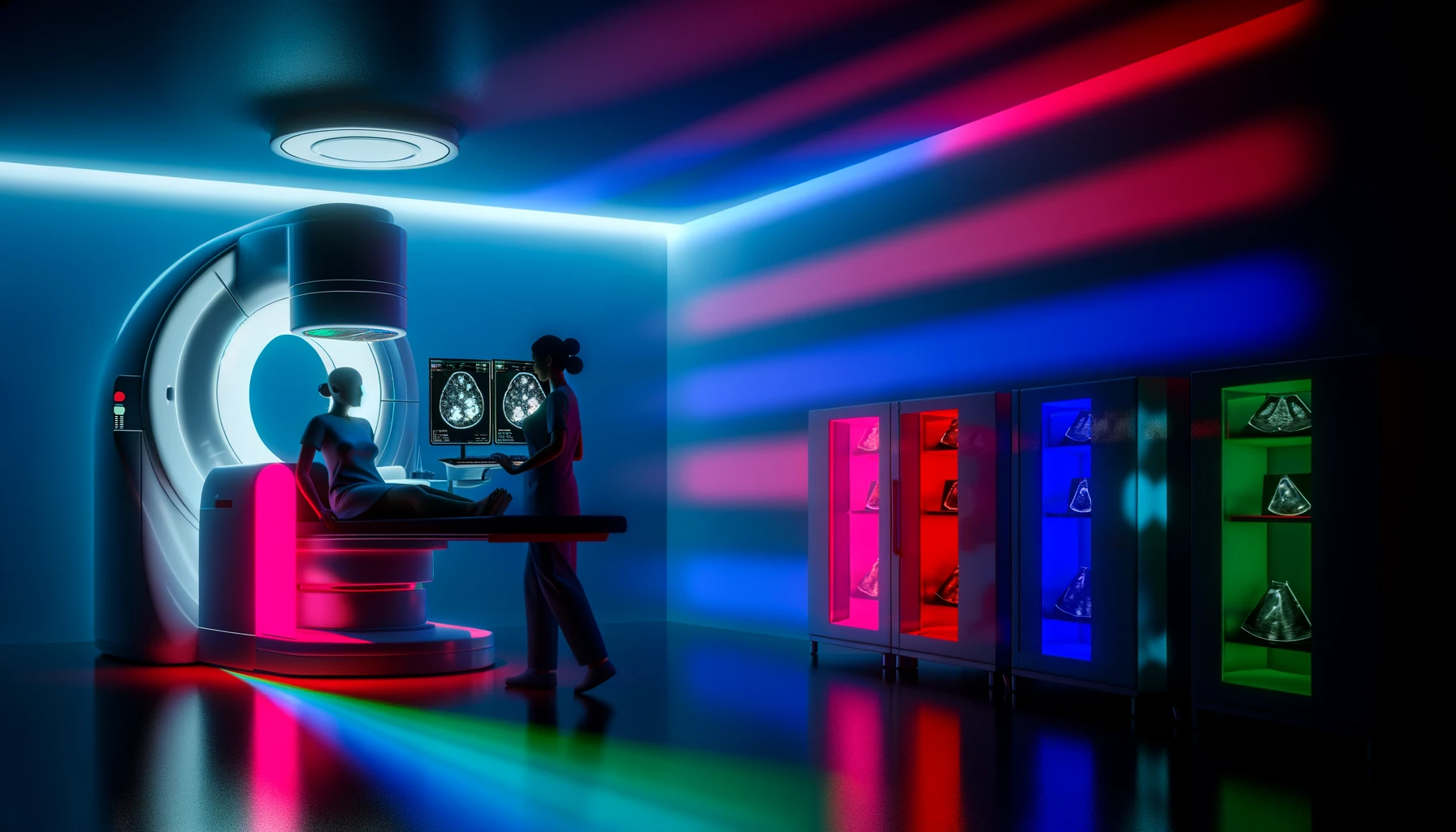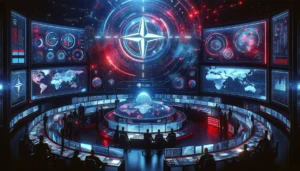An AI tool named Mia has emerged as a game-changer, proving its prowess by identifying cancerous signs in mammograms that had eluded human doctors.
We know that early detection is fundamental in treating all forms of cancer but is particularly important for those known to spread rapidly.
Mia can pinpoint minuscule tumors, often invisible to the human eye but capable of growing and spreading rapidly.
Tested by the NHS, Mia analyzed over 10,000 mammogram scans, flagging known cancer cases and uncovering cancer in 11 women that doctors had missed.
In model experiments, Microsoft, who is also involved in the Mia project and expects to deploy the technology for widespread access on Azure, predicted that it could reduce radiography workloads by 30%.
Of the 10,889 women participating in the trial, a mere 81 opted out of the AI review, showcasing widespread trust in the technology.
“AI tools are generally pretty good at spotting symptoms of a specific disease if they are trained on enough data,” Dr Gerald Lip, who led the project at NHS Grampian, noted.
Mia has already potentially saved lives. The BBC reported on a patient, Barbara, who benefited from Mia’s AI-powered precision. Her cancer, though only 6mm, was detected early, meaning it could be treated less invasively with higher success rates.
Barbara’s relief was palpable; “I said, ‘it’s not a big C, it’s a very little one’,” she told BBC’s Zoe Kleinman.
Sarah Kerruish, Chief Strategy Officer at Kheiron Medical, the company that owns Mia, discussed the challenges and milestones in developing such an advanced tool. “It took six years to build and train Mia,” she shared.
The NHS has actively supported the research of AI medical technologies, including a nationwide rollout of AI-supported lung cancer detection that is up to 40 times more accurate than traditional methods.
AI also shows immense promise in breast cancer screening, and beyond diagnostics, the technology supports anti-cancer drug development.
Dr. Katharine Halliday of the Royal College of Radiologists expressed optimism about MIA, stating, “These results are encouraging and help to highlight the exciting potential AI presents for diagnostics.”
It’s worth noting that the University of Aberdeen independently evaluated Mia’s results, but it’s yet to be peer-reviewed and documented in official research.





